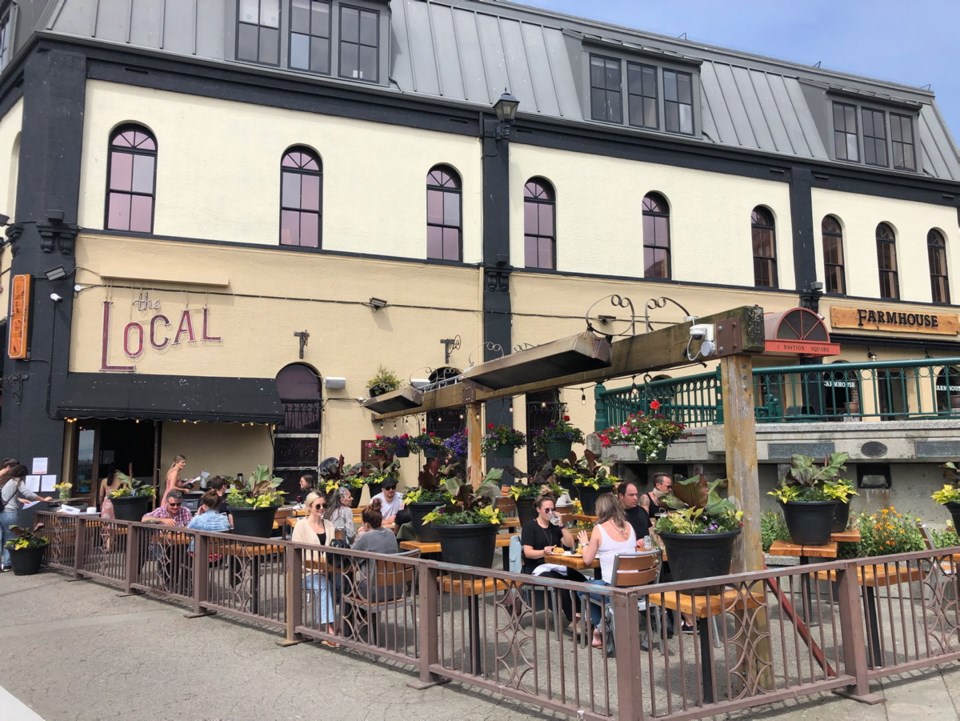Restaurants across the country might need a more than a year to recover from the economic bruising of the COVID-19 pandemic. That is, if they can survive long enough to see daylight again.
Those were two of the conclusions in the most recent Restaurants Canada survey of its member businesses.
The survey, which heard from nearly 1,000 restaurant owners representing more than 11,500 restaurants, found 56 per cent of restaurant owners believed it would require a year or more to recover from the pandemic, and that at least 50 per cent of them are currently operating at a loss. “Restaurateurs are eager to help rebuild the economy and revive neighbourhoods, but they’re going to need continued assistance from government to remain operational under ongoing restrictions,” said the organization’s vice-president, David Lefebvre.
The results of the survey come as no surprise to Ian Tostenson, president of the B.C. Restaurant and Foodservices Association.
While Tostenson said the provincial situation is a bit of a “mixed bag” of results as B.C. continues to open up its economy, he made it clear there is trouble in the industry.
“Of the nearly 15,000 restaurants in B.C. maybe 60 per cent are actually up and running,” he said, noting many have decided to remain closed temporarily as there’s no business for them and others have closed for good. “Some may never come back. We expect to lose between 20 and 30 per cent of the industry … it’s just too much to expect some of these small businesses to hold on.”
That is especially true in the major markets.
“Downtown Victoria and downtown Vancouver are just disasters,” he said. Downtown restaurants rely heavily on tourism and office workers to stay afloat. “Volumes in those two big markets are tracking 20-30 per cent of where they were at this point last year.”
On the upside, Tostenson said suburban operators and restaurants in small cities and towns around B.C. have reported doing alright.
Overall, he said, they are still dealing with the fact people aren’t yet feeling safe about going out to eat despite the myriad safety precautions the industry has taken.
The survey results have spurred Restaurants Canada to call for the federal government to extend and strengthen support for food-service businesses by maintaining the federal wage subsidy, extending and expanding rent-relief programs and expanding loans for small business.



